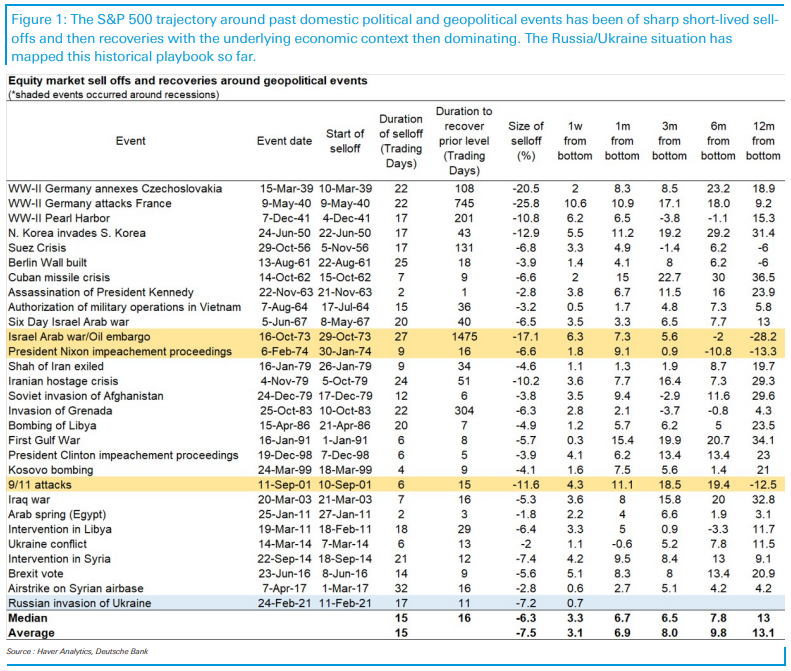The weekend is here! Pour yourself a mug of Danish Blend coffee, grab a seat in the sun, and get ready for our longer-form weekend reads:
• How People Think 17 of the most common and influential aspects of how people think Many behaviors are universal across generations and geographies. Circumstances change, but people’s reactions don’t. Technologies evolve, but insecurities, blind spots, and gullibility rarely does. (Collaborative Fund)
• The Latecomer’s Guide to Crypto As it’s gone mainstream, crypto has inspired an unusually polarized discourse. Its biggest fans think it’s saving the world, while its biggest skeptics are convinced it’s all a scam — an environment-killing speculative bubble orchestrated by grifters and sold to greedy dupes, which will probably crash the economy when it bursts. (New York Times)
• The Art of Money: Turning financial success into a creative pursuit What do you consider the act of ‘making money’? Is it an act of accounting and measuring? Or, is it an act of imagining and contemplating? Our finances involve numbers and data, but they’re intractably tied to our personal ideas, experiences, feelings and behaviors – intangible things you can’t formulate in a spreadsheet. Therefore, to manage the human side of money, it’s better to think more like an artist than a scientist. (The Root of All)
• Why Can’t the West Admit That Ukraine Is Winning? America has become too accustomed to thinking of its side as stymied, ineffective, or incompetent. (The Atlantic)
• Silicon Valley’s Favorite Weird Philosophy Is Fundamentally Wrong: Where transhumanists err is in the disproportionate role assigned to genes in creating their favored traits. In contrast to clear-cut physical features, such as eye color, the relationship of genetic “information” to characteristics such as intelligence and kindness is nuanced and indirect. Today, developmental systems theory supersedes the dominant, unidirectional causality previously lodged with genes. (Slate)
• Why Do We Die Without Sleep? The reasons why sleep is so vital often hide in unexpected parts of the body, as host Steven Strogatz discovers in conversations with researchers Dragana Rogulja and Alex Keene. (Quanta Magazine)
• Here’s how an algorithm guides a medical decision Artificial intelligence tools are complicated computer programs that suck in vast amounts of data, search for patterns or trajectories, and make a prediction or recommendation to help guide a decision. Sometimes, the way algorithms process all of the information they’re taking in is a black box — inscrutable even to the people who designed the program. But even if a program isn’t a black box, the math can be so complex that it’s difficult for anyone who isn’t a data scientist to understand exactly what’s going on inside of it. (The Verge)
• In a World on Fire, Stop Burning Things: The truth is new and counterintuitive: we have the technology necessary to rapidly ditch fossil fuels. (New Yorker)
• Love and Longing in the Seaweed Album: Combing across 19th-century shores, seaweed collectors would wander for hours, tucking specimens into pouches and jars, before pasting their finds into artful albums. Sasha Archibald explores the eros contained in the pressed and illustrated pages of notable algologists, including “the most ambitious album of all” by Charles F. Durant (Public Domain Review)
• Demand for This Toad’s Psychedelic Venom Is Booming. Some Warn That’s Bad for the Toad. In a sign of unintended consequences of the psychedelic resurgence, scientists say that the Sonoran desert toad is at risk of population collapse. (New York Times)
Be sure to check out our Masters in Business interview this weekend with Samara Cohen, BlackRock’s Chief Investment Officer for ETFs & Index Investments. BlackRock manages over $10 trillion in assets, and Cohen’s Index / ETF group is responsible for $6 trillion of it.
Geopolitical events. The playbook worked (nearly) perfectly

Source: Jim Reid, Deutsche Bank
Sign up for our reads-only mailing list here.
~~~
To learn how these reads are assembled each day, please see this.

